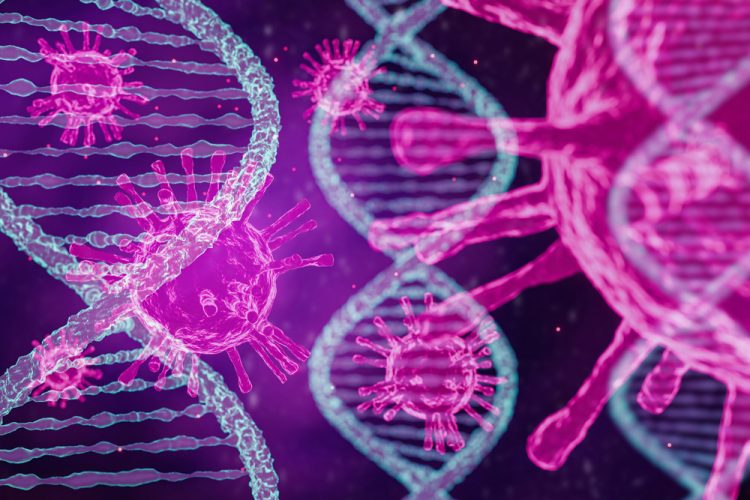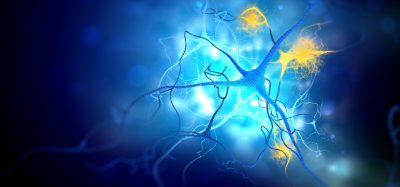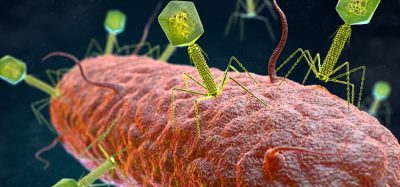Genetic study could influence the development of COVID-19 therapies
Posted: 23 November 2021 | Anna Begley (Drug Target Review) | No comments yet
The study is the first in-depth look at links between COVID-19 severity and gene expression in immune cells and may guide future therapies.


New research led by scientists at La Jolla Institute for Immunology (LJI), US, shows how genetic variations linked to severe cases of COVID-19 affect our immune cells. The study is one of the first in-depth look at the connections between COVID-19 severity and gene expression in many types of immune cells and could guide the development of new COVID-19 therapies to boost immune cell function.
Previous studies have identified many genetic differences, called polymorphisms, they call “severe COVID-19-risk variants.” These genetic variants are associated with gene expression and appear to influence case severity. However, scientists did not know which immune cells are most affected by these risk variants.
For the new study, published in Nature Communications, the team combined patient genetic data from the COVID-19 Host Genetic Initiative and the open-access Database of Immune Cell Epigenomes (DICE) to define the genes and susceptible cell types affected by these risk variants. They looked at 13 subtypes of the body’s key protective and virus-fighting cells: T cells, B cells, NK cells and monocytes.
“There are many different immune cell types, and they all contribute small functions to the global picture,” explained first author Dr Benjamin Schmiedel. “We have to look at every immune cell type separately to figure out how the immune system is able to respond to COVID.”
The researchers identified several important associations of genetic variants with genes. Among them was a risk variant that affected 12 of the 13 cell types studied. The severe COVID-19-risk variant in chromosome 21 was associated with reduced expression of a receptor on cells called IFNAR2 that is part of a signalling pathway that alerts the immune system to infection. This new association may help explain why some people fail to mount a strong immune response to SARS-CoV-2.
NEWS: Replication proteins a potential new target for COVID-19 vaccines
Meanwhile, a risk variant on chromosome 12 displayed the strongest effect in non-classical monocytes. The risk variant led non-classical monocytes to reduce expression of a gene called OAS1. A lack of OAS1 expression could hobble the body’s defences by reducing the expression of a family of proteins that normally degrades viral RNA and activates the immune system’s antiviral responses, the researchers explained.
The team hope to conduct further pre-clinical assessments to determine the role of these genes in COVID-19 pathogenesis. “That we can identify these kinds of genetic mechanisms is a big step forward,” said Schmiedel. “We can use the information out there, combine it with our data on immune cells, and find potential targets for therapy.”
Related topics
Drug Targets, Genetic Analysis, Genomics, Immunology, RNAs, Targets, Therapeutics
Related conditions
Covid-19
Related organisations
La Jolla Institute for Immunology (LJI)
Related people
Benjamin Schmiedel








